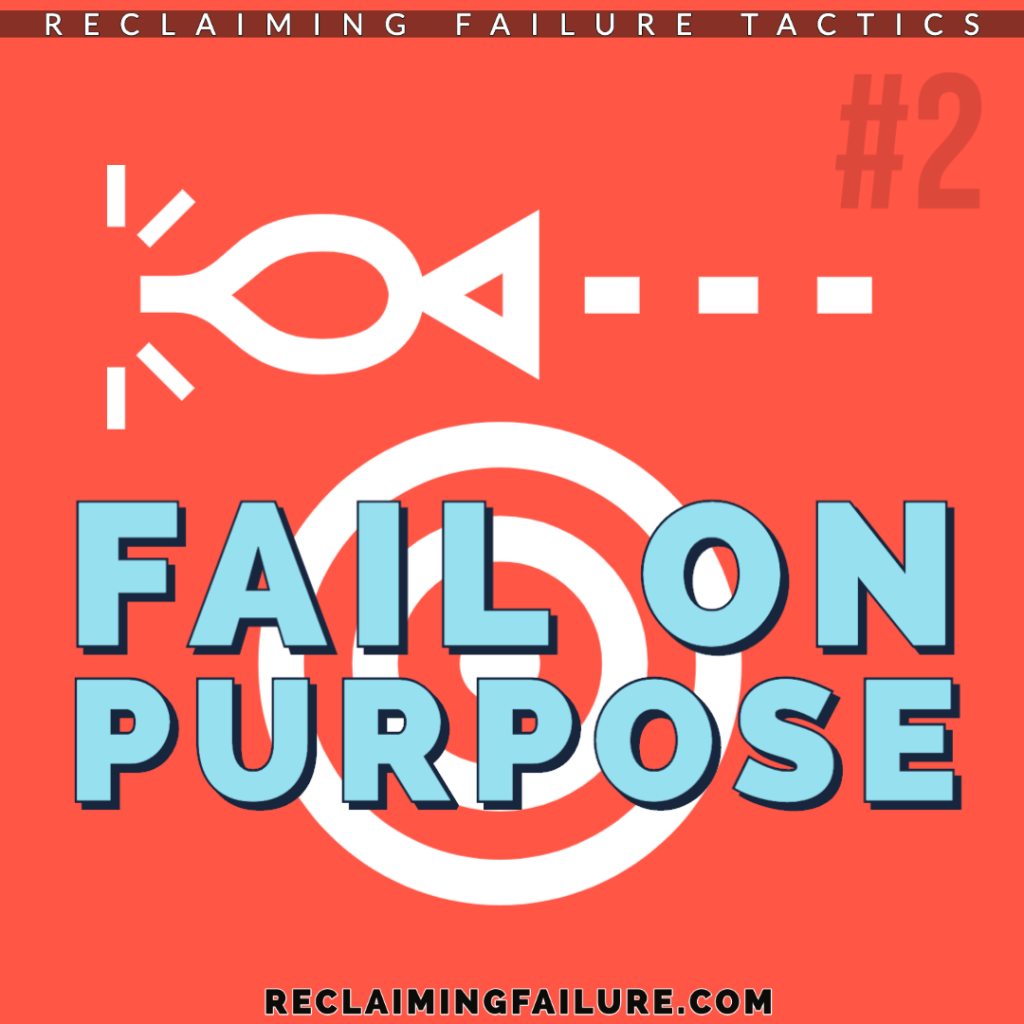
Contact Me
Most Recent Blog Posts
05/16/2024
ChatGPT and the Educational Pump Fake
05/25/2023
On Failure...
05/16/2023
An Ode to the GOAT (of Failure)
02/12/2021
Failure Judo: Take Time to Recover
07/31/2020
Failure Judo: Build Community
07/30/2020
Failure Judo: Discuss
07/29/2020
Failure Judo: Be Meta
07/28/2020
Failure Judo: Tinker
07/27/2020
Failure Judo: Practice
07/26/2020
Failure Judo: Reframe the Experience
07/25/2020
Failure Judo: Manage Loss
07/24/2020
Failure Judo: Take Incremental Steps
07/23/2020
Failure Judo: Fail on Furpose
07/22/2020
Failure Judo: Visualize Failure
07/21/2020
Failure Judo: 11 Tools to Make Failure Work for You.
07/20/2020
Perseverance Isn’t Enough.
02/05/2020
Why You Should Try New Things
01/09/2020
Piaget and Failure…
01/04/2020
The Value of Struggle
01/02/2020
The Fear of Failure
11/16/2019
Why Failure Beats Practice Alone
11/14/2019
Reclaiming Failure Tactic: Visualization
11/05/2019
Legos, the Process, and Failure
10/30/2019
Fail First, Succeed Later
10/25/2019
Failure... Like Riding a Bike
10/24/2019
Michael Jordan: Faiure
10/23/2019
Pole Vaulting - A Journey of Failure
10/18/2019
Failure Judo: Fail on Furpose
07/22/2020
Part 2 of the Failure Judo series.
What?
I’m supposed to fail? On purpose?
Why in the world would anyone fail on purpose?
The answer to this can be found in sayings like “Its Bark is worse than its bite.” The intent of sayings like this is to remind us that often, our fear of an outcome is worse than the outcome. Unfortunately, the best way of discovering the impact of an outcome is to actually experience it. On the other hand, however, when we do fail, we often discover that the thing we tried so hard to avoid, which messed with our heads and stole our concentration from the task itself, wasn’t so bad after all.
Now, before you go doing anything crazy, here are a few things to keep in mind:
1. Before you undertake anything, make sure that the consequences of failure aren’t going to be devastating, dangerous, or beyond the scope of what you are willing to accept.
2. If you can, then take precautions to mitigate risk. For example, a skateboarder trying a new trick might put on a helmet and protective gear. A trapeze artist often uses a safety net for training in relative safety.
3. Once you have settled #1 and #2 above, go ahead and fail. Don’t say you’re going to fail, and then try not to. Go ahead and fail. Time and time again, I’ve seen skateboarders who are new to a big ramp climb to the top, and simply slide down on their knees, or drop in on their skateboard and bail. As soon as they do, they know the limits of the ramp.
By focusing your energy and thoughts on the failure – how it looks and feels, and how you can make it better for yourself – you can free yourself on the next attempt to focus on success. The legendary Japanese Archer, Awa Kenzo, famously made his students fire at useless targets that were impossible to miss for four years before moving on to real targets. The point of this exercise was to focus them on the process of shooting. The placing of the arrow on the string, their grip, posture and so on. Failing on purpose can have a similar effect — by removing the focus on the end product, we are free to focus on the process of what we are doing, which has the effect of …
…improving the end product.
Read the rest of the Failure Judo series.